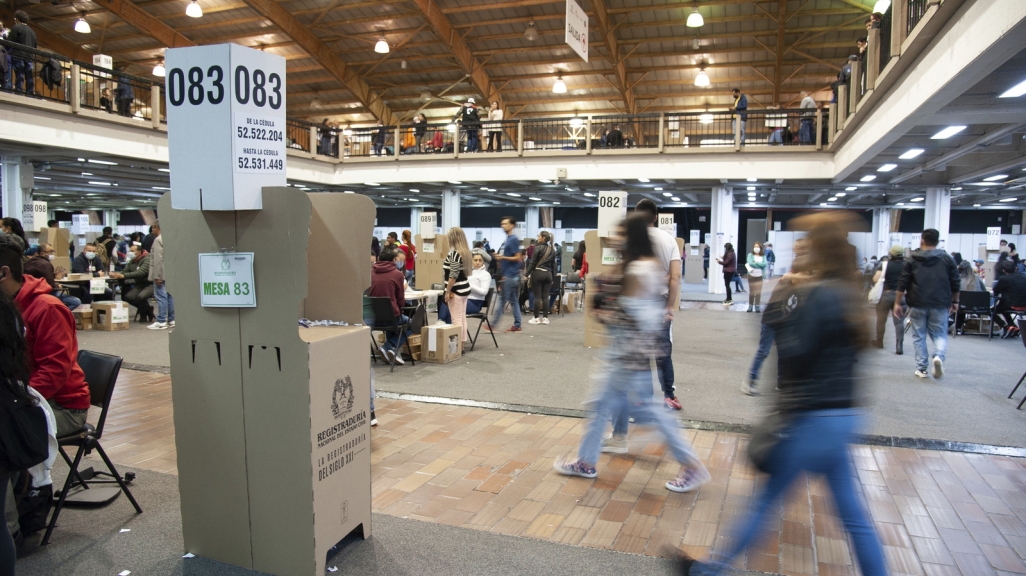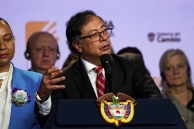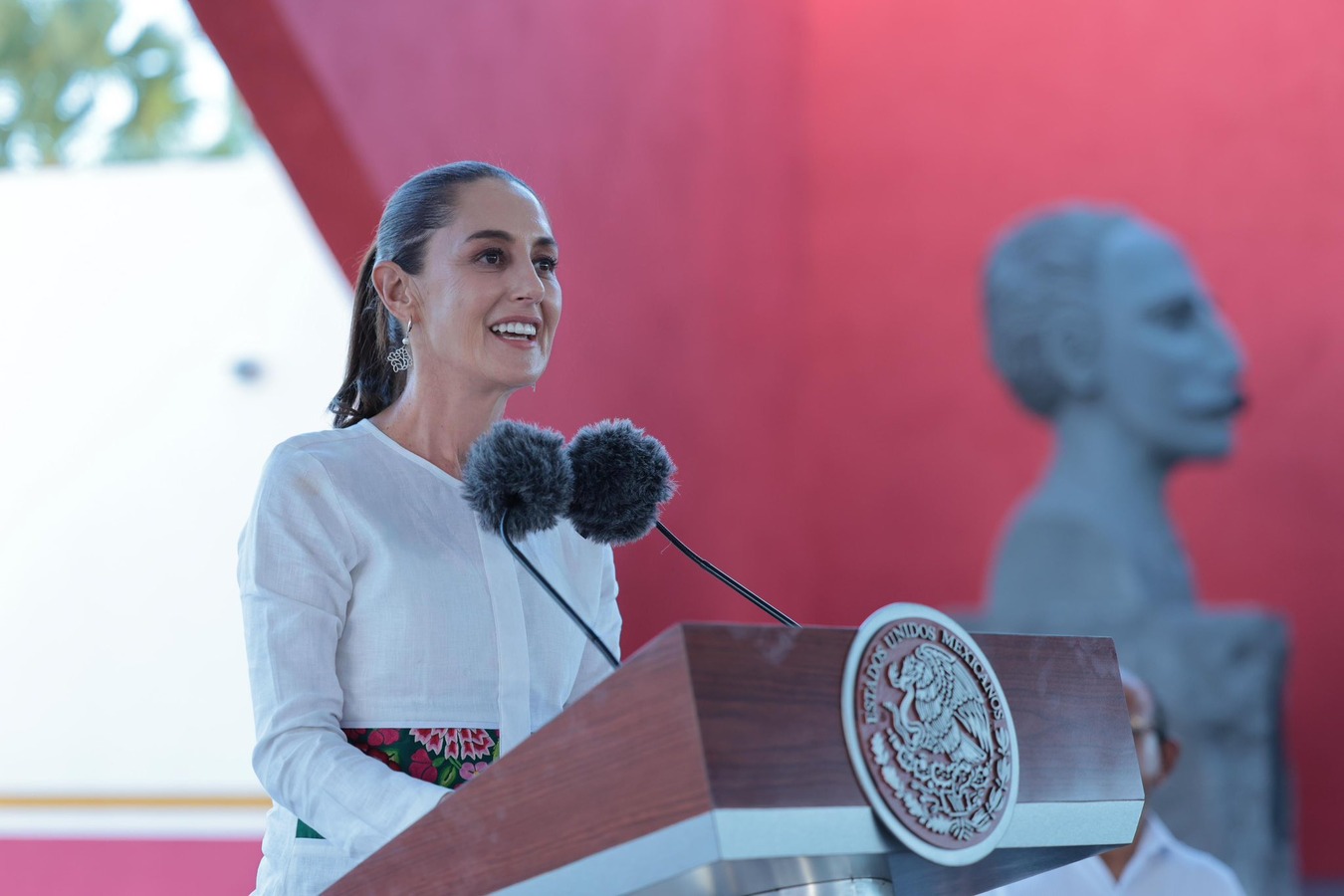Voter Concerns and Intentions One Year Before Colombia's 2026 Elections
Voter Concerns and Intentions One Year Before Colombia's 2026 Elections
Corruption, access to healthcare, and insecurity rank as the top voter issues.
In 12 months, Colombians will head to the polls for the first round of presidential elections, set for May 31, 2026.
Gustavo Petro, the country’s first leftist president, cannot constitutionally run for reelection. The term of the former mayor of Bogotá and ex-guerrilla has, so far, been marked by few legislative successes, namely a tax reform and a pension reform. However, other reforms on health, labor, education, justice, the agrarian jurisdiction, and an additional tax reform, are pending or have already been rejected by Congress. Though Petro’s Pacto Histórico coalition has the most seats in Congress, it needs other parties to pass legislation. To avoid the legislative gridlock, Petro announced he would call a referendum on the health and labor reforms. On May 14, the Senate rejected the labor referendum.
Petro’s government has also been tainted by corruption scandals, an issue now leading voter concerns ahead of the elections. He has an approval rate of 37 percent, according to an April survey from AtlasIntel, a 13 percentage-point decrease from the year prior.
Though the official presidential campaigns legally begin on January 31, 2026, four months ahead of the May 31 election, voter concerns and intention polls can begin to color the panorama for the upcoming election.
A year out, what are the main issues Colombians are worried about? And how will they potentially vote? AS/COA Online breaks down the polls.
Two years in, the president continues to try to pass his ambitious legislative agenda and “Total Peace” program while considering a constituent assembly.









